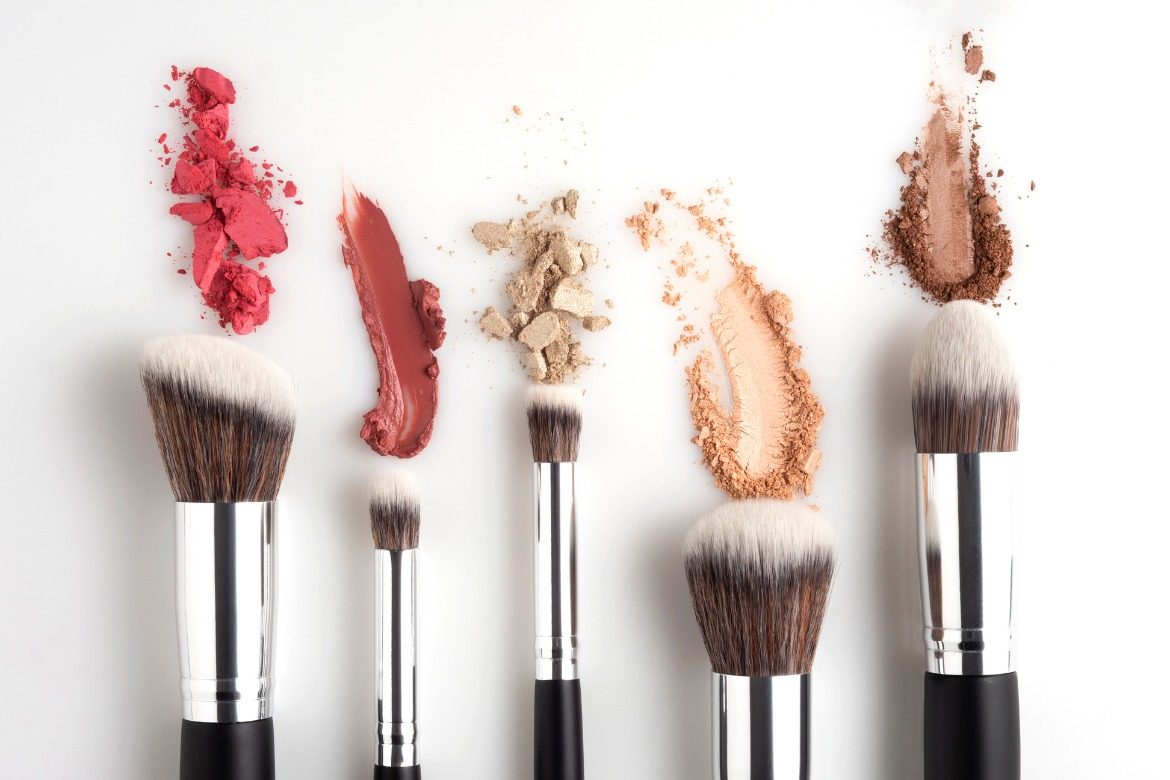- AI, big data analysis, and augmented reality are playing a key role in the latest K-beauty developments. A major Korean cosmetics company recently launched AI technology to measure and diagnose customers’ skin and provides a tailor-made list of products needed for each customer.
- Augmented reality is a key driving force in future makeup tutorials, especially in the post-pandemic period. Instead of applying makeup in reality, a lot of Korean offline makeup stores now offer AR mirrors through which customers can scan their faces and test makeup virtually.
- Clear skin is important not only for women but also for men in Korea. Some of the popular products used by male customers include lip balms, moisturisers, and toners, and the market share of regular cosmetic products aimed at male customers, such as eyebrow liners and foundations, is also rapidly increasing.
Along with the spread of K-pop, K-drama, and K-food, also known as the K-Wave, the Korean cosmetics industry has also captured the world’s attention, creating a new term “K-Beauty” to show its rising reputation. K-beauty products such as skincare and color cosmetics have gained great popularity among international customers for their promising effects and commercialisation strategies.
South Korea ranked as the fourth largest export market in the cosmetics industry, following France, the United States, and Germany, in 2019, with gross production of approximately 14 billion USD. Korea Cosmetics Association of Korean Customs Service reported that the revenue from the export of South Korean cosmetics increased by 16% to 7.5 billion USD in 2020.
The top importer of K-beauty products continues to be China. In 2020, the exports of cosmetic products to China reached 3.8 billion USD, an all-time high export volume. Hong Kong and the United States follow China as the key importers of Korean cosmetic products, but the current increase of imports by the Russian Federation, Ukraine, and Kyrgyzstan, namely 34.1%, 117.3%, and 111.3% respectively according to the Korean Ministry of Food and Drug Safety, highlights the rising recognition of K-Beauty in Eastern European countries as well.
Promising Results
Korean consumers have high standards for the clear and luminous skin that shows through a relatively thin layer of makeup. With an increasing number of customers using skincare products to keep their skin supple and healthy, Korean companies have gone through years of research and innovations to come up with world-renowned cosmetic and skincare products with satisfactory cosmeceutical effects. In 2019, according to a report published by Korean Ministry of Food and Drug Safety, 32.86% of the Korean cosmetic market covered “functional” skincare products which help with anti-aging, anti-wrinkle, whitening, sun-screening and tanning. Considering the medicinal properties of the functional products, the Ministry of Food and Drug Safety is responsible for reviewing them for pre-market approval and addressing regulations for the cosmetics market industry.
The way one looks and clear skin is important not only for women but also for men in Korea. Korean culture puts great value on appearance, leading to large consumption of functional cosmetic products by men as well. Some of the popular products used by male customers include lip balms, moisturisers, and toners, and the market share of regular cosmetic products aimed at male customers, such as eyebrow liners and foundations, is also rapidly increasing.
Commercialisation Strategies
A high rate of online shopping transactions is easy to understand considering South Korea’s receptiveness to the latest technological trends. The country shows a recognisable broadband and smartphone penetration rate of 76.5% in 2020 (S. O’Dea, 2021) and it also has the fastest average internet speed. Because of the Covid-19 outbreak, the online and mobile market have accelerated even more and the cosmetic industry is not an exception. According to the Korean National Statistical Office, digital transactions of cosmetic products reached near 13.1 billion USD and of these, mobile transactions accounted for 8.5 billion USD, which covers over 60%. To facilitate online market penetration, many cosmetic brands in Korea use social media platforms such as Instagram, Facebook, YouTube, and KakaoTalk. as their main marketing tools.
Innovation behind K-beauty
The upcoming trends in the K-beauty market lie in organic ingredients, sustainability, personalisation, and the use of technology such as AI and LED. With extensive background and infrastructure in technology, a lot of beauty-tech companies are now coming to the fore as driving forces in the K-beauty industry by highlighting Korea’s strength is not only cosmetic procedures, such as plastic surgeries but also cosmetic products for their advanced innovation and promising results.
To satisfy the need for healthy and sustainable products, Korean cosmetic companies focus on using natural and organic ingredients such as rose, lavender, and mint, and clean oils for skin hydration effects and pleasant scents. The environmental friendly approach applies not only to ingredients but also to packaging. In order to limit the use of PET bottles which are difficult to recycle, many cosmetic brands in Korea are using naturally dissolvable containers and running campaigns to encourage customers to reuse cosmetic packaging.
AI, big data analysis, and augmented reality are also implemented in the latest K-beauty developments. Amorepacific, a major Korean major cosmetics company, recently launched an application system for the personalisation of beauty products. The application software incorporates AI technology to measure and diagnose customers’ skin and provides a tailor-made list of products needed for each customer. Augmented reality is a key driving force in future makeup tutorials, especially in the post-pandemic period. Instead of applying makeup in reality, a lot of Korean offline makeup stores now offer AR mirrors through which customers can scan their faces and test makeup virtually.
The movement towards digital space for the cosmetic industry and the use of thriving technology advancements in the country are shaping the rise of K-beauty on a global scale. It is now most important for K-beauty to satisfy the captured attention and rising desires around the world with strong innovation, developments, and promising results.






NO COMMENT